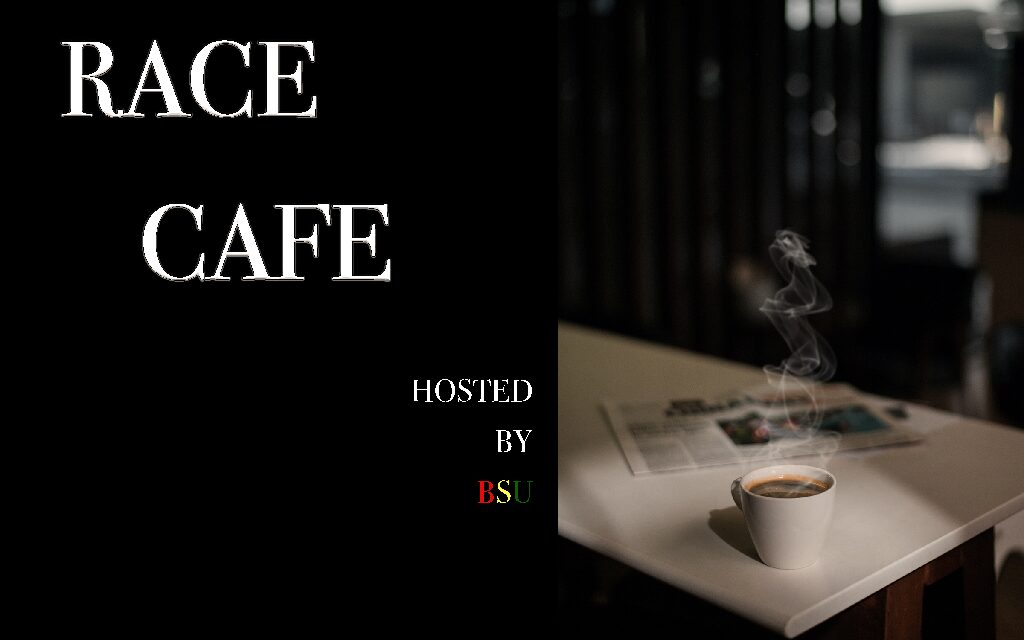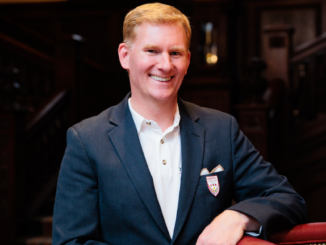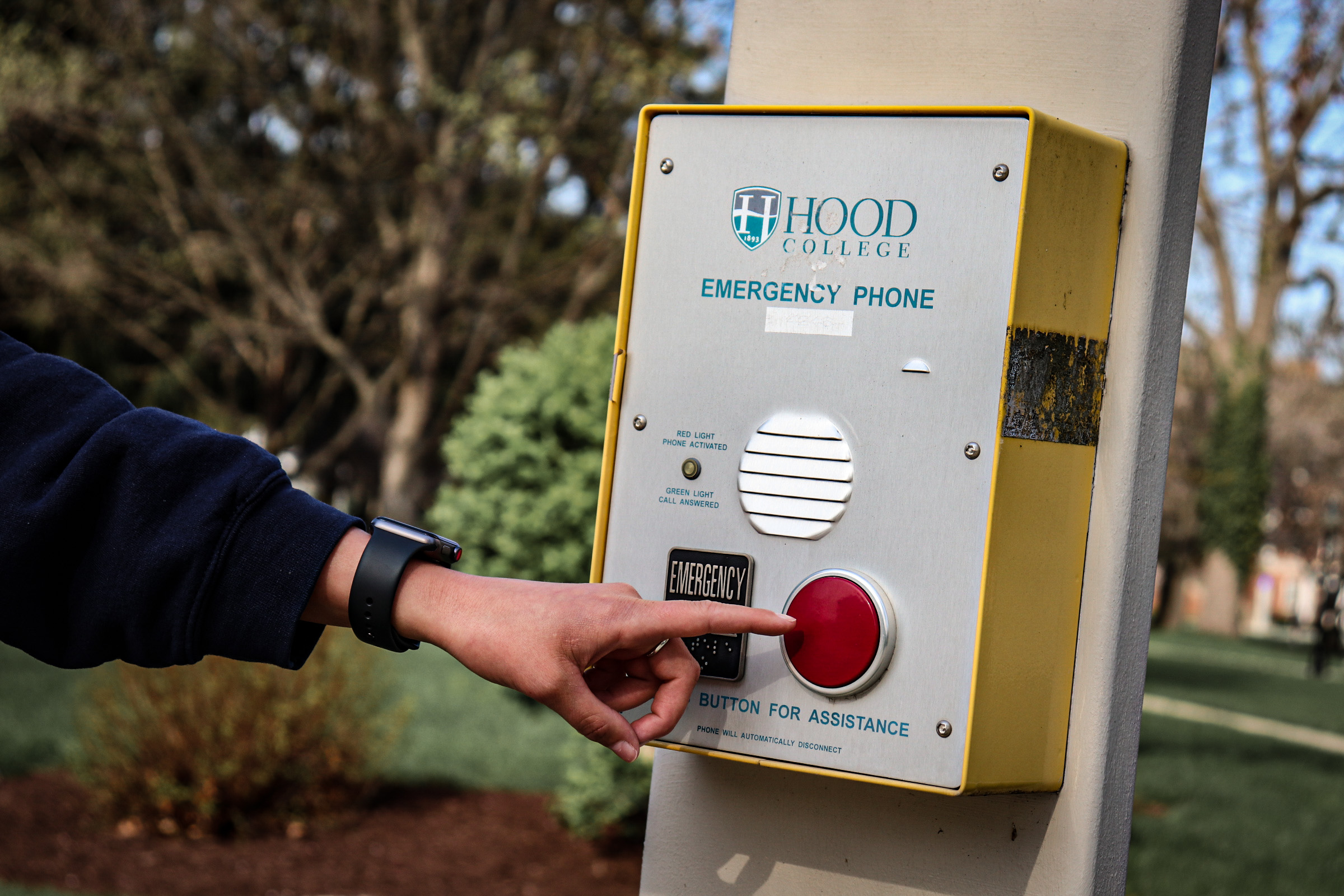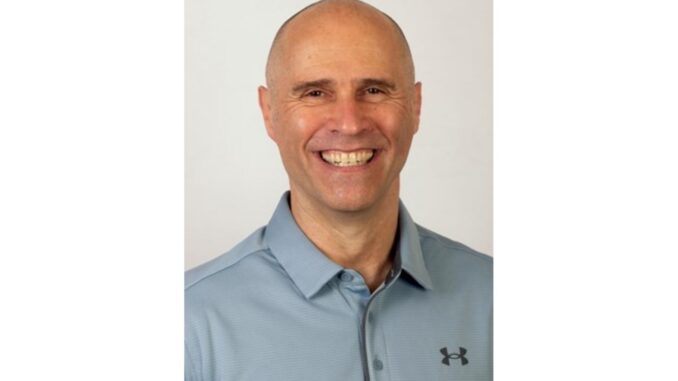
By Dee Richardson//
The Black Student Union (BSU) is hosting a series of open discussions called the “Uncensored Series” to help bring awareness to issues of racism on campus.
The series is open to all students, faculty, and staff. The most recent uncensored series was called “Racism in Academia,” and was held on Oct. 21.
Asiayonna Jones, the vice president of Education for BSU, described the turnout for the series as being “huge” and was more attended than the last series. There was a greater mix of faculty, students, and staff that attended the series.
During the series, students were able to share their experiences of racist incidents they experienced at Hood and the response they received when they reached out for help. According to Jones, a lot of the experiences being shared shocked the faculty and staff members.
Jones recalls a specific story of a student-athlete who was called racial slurs by their teammates and opposing teams. When the athlete approached his coach about these problems, the coach brushed off the athlete’s worries.
“We tell the right people what’s happening and yet nothing is being changed,” Jones said.
There were also discussions of Black professors in academia and what obstacles they face. It was noted that on top of the problem of racism that Black scholars face, they are also faced with the burden of trying to help struggling students who also face racism.
Black scholars are being burned out and are more likely to leave academia because of problems such as these. They only make up 6% of academia.
While Jones is glad that these conversations are happening at Hood, she said that there’s still work to be done.
One thing that Hood can do better at is taking accountability and enforcing a stronger zero-tolerance policy.
While Hood does acknowledge its failings, it would be even better if more action will follow the accountability being taken. Hood can also offer better support for nonwhite students who face racism and by listening to them more actively when these issues arise.
“It’s all about respect and listening,” Jones said.
There was another uncensored series that occurred in September. Jones noted that there were no more than 20 people at this discussion, with five of them being faculty and staff members.
The previous uncensored series was on performance activism and allyship. This was to follow up with the first-year conversations on diversity and inclusion. This event was an in-depth discussion of what performance activism is and how to be a better ally on campus.
This was also following the release of the land acknowledgment, which Jones felt wasn’t as genuine and realistic as it could’ve been.
But, if Hood can continue this streak of listening, digesting, and taking accountability, there will be great changes done to make Hood a better home away from home for nonwhite students, she said.
“You can’t go back in time and erase these experiences, but Hood College can do better to help future incoming classes,” Jones said.




Be the first to comment